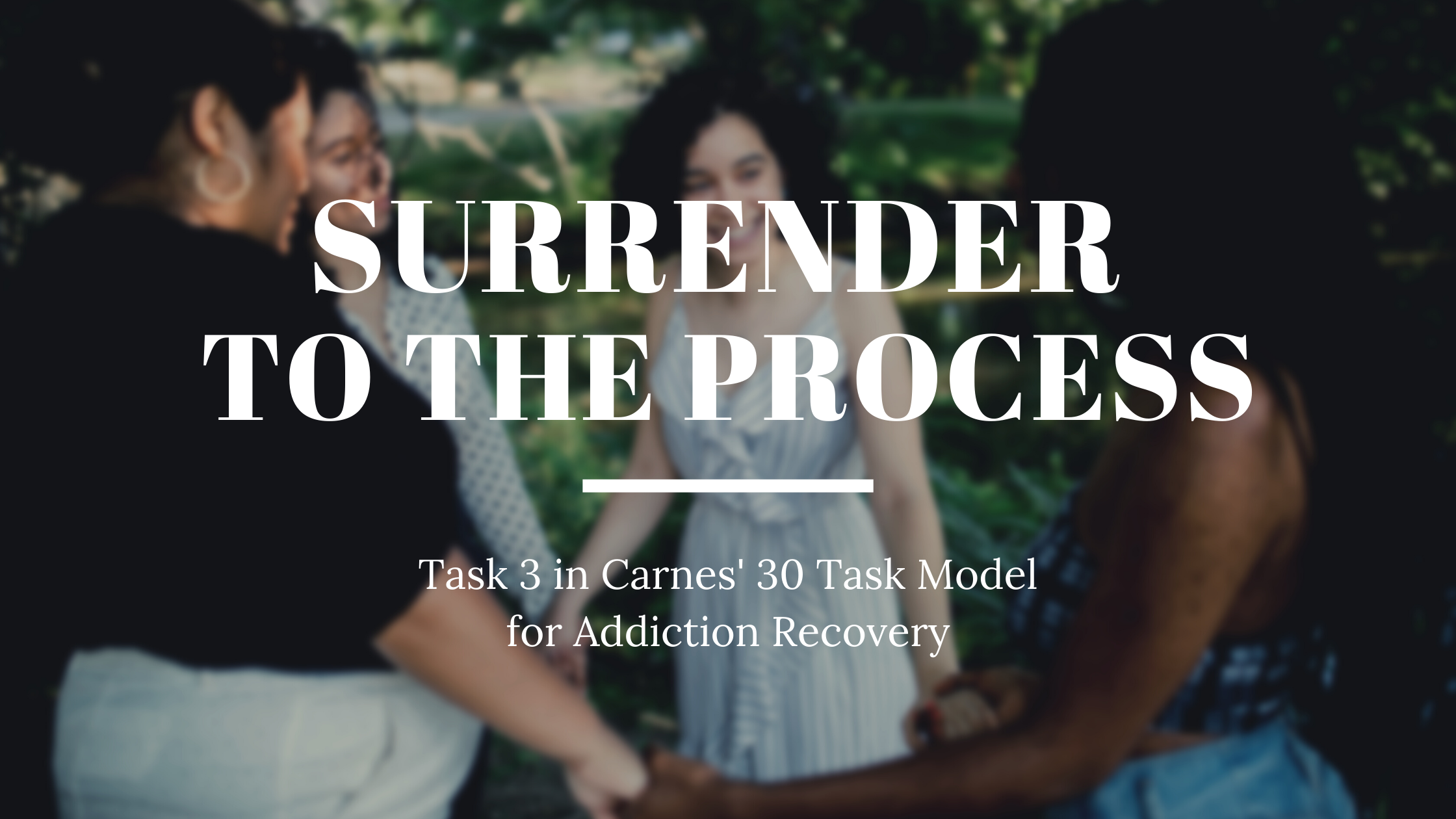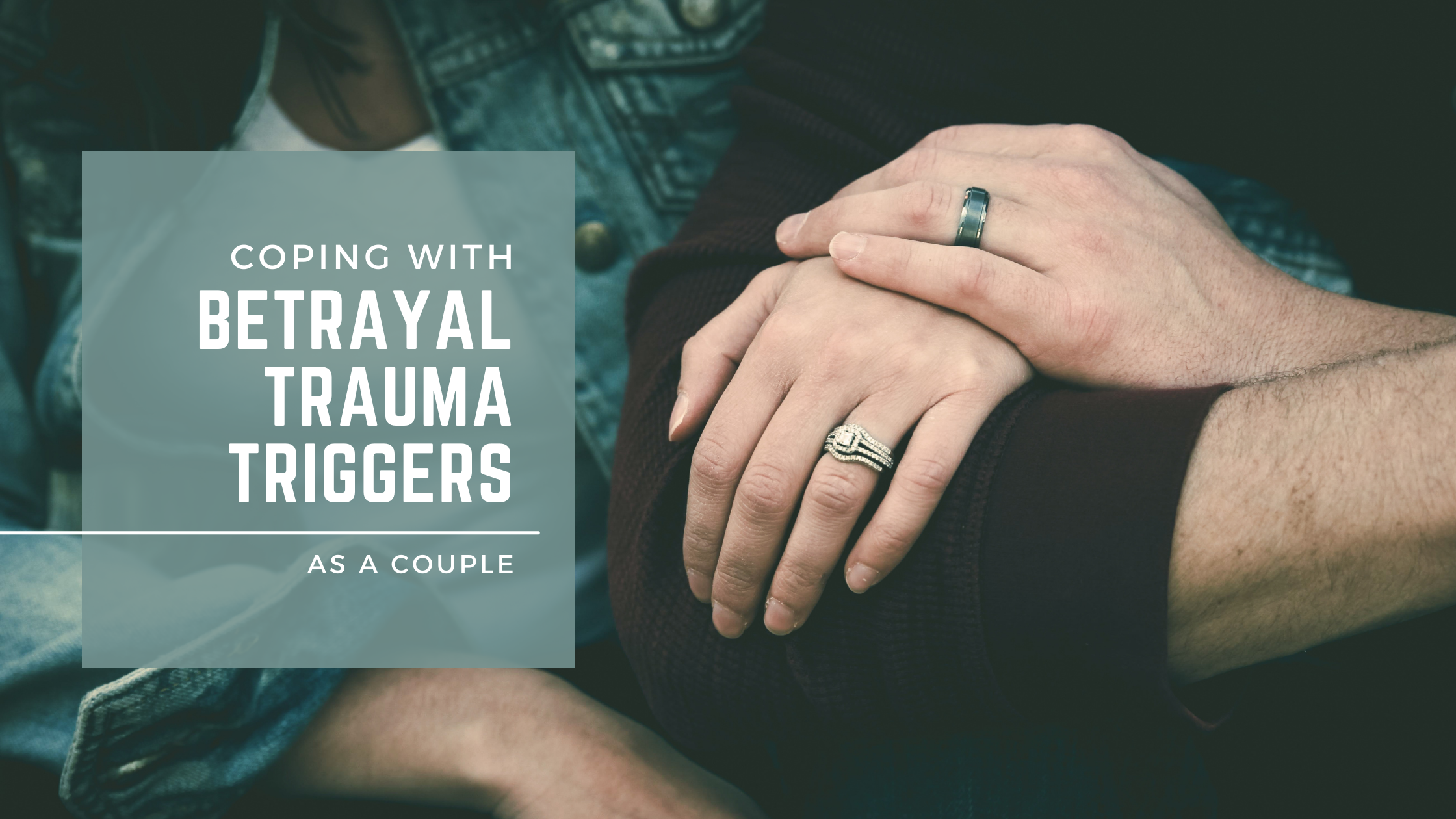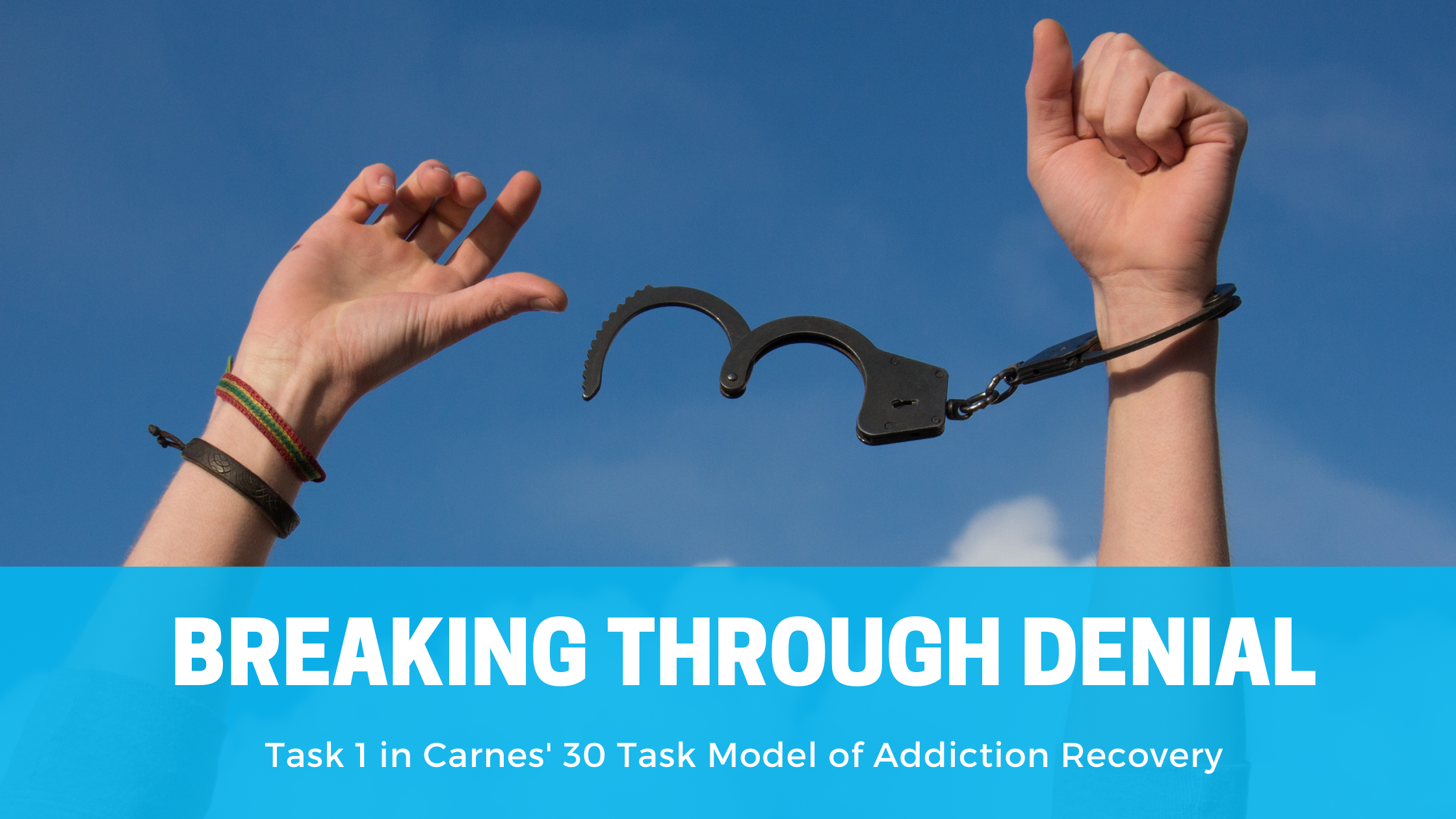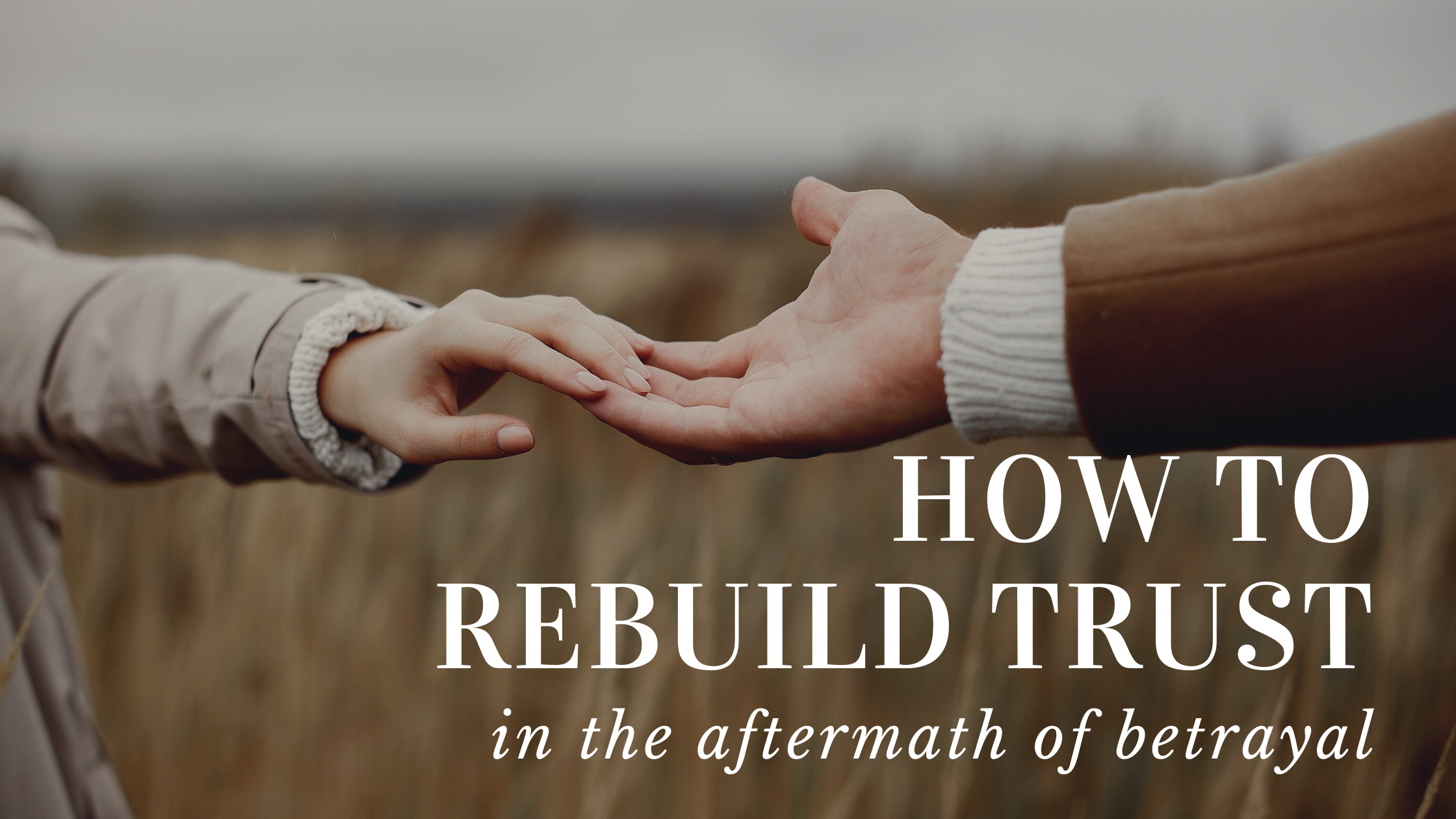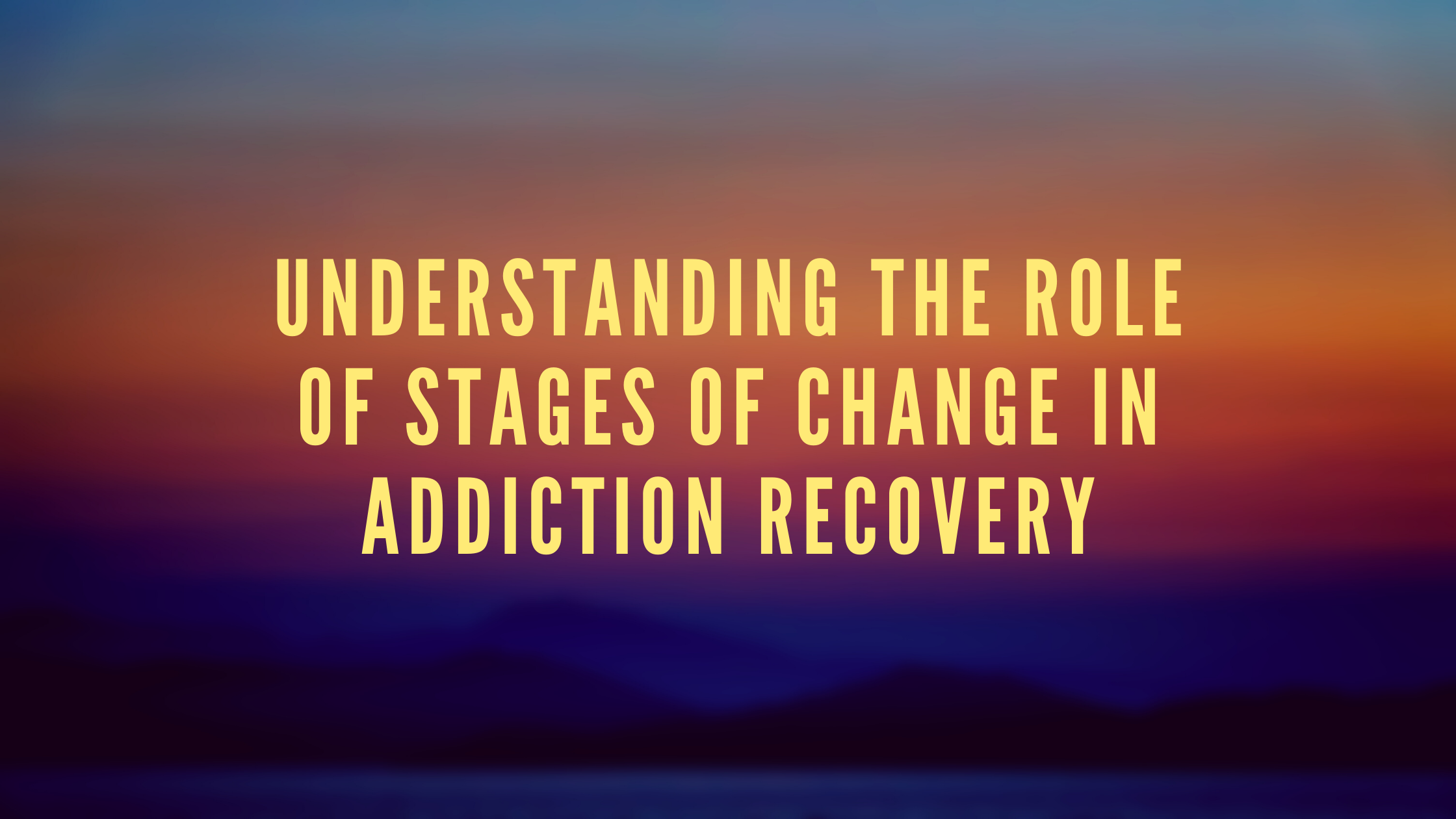An addiction is a compulsive relationship with a mood-altering substance or behavior. In the case of sex and love addiction, the mood-altering behavior is sexual behavior or relationships.
The increasing prevalence of internet pornography and the use of the internet to find affair partners has made it easier to become hooked. Sex addiction can manifest itself in pornography, compulsive masturbation, affairs, prostitution, or behaviors like exhibitionism and voyeurism. Since the advent of the internet, sex addiction is becoming epidemic. Love addiction involves toxic, destructive, and codependent relationships where you feel addicted to a person or the rush of feelings of love.
Signs of sex and love addiction:
Experiencing withdrawal when attempting to stop – characterized by intense loneliness and pain, out of proportion emotions, irritability, depression, and anxiety
Tolerance – you need greater intensity, amount, or frequency of sexual behavior to achieve the same effect
Inability to resist impulses to engage in sexual behaviors
Obsessive thoughts about sexual behaviors
Destructive impacts on your life – addiction affects your stress levels, relationships with family, physical health, and wor
Despair and shame over your compulsive sexual behaviors
Consequences - your spouse has left, you’ve contracted an STD, or you lost your job.
Frequently Asked Questions
What causes sexual addiction?
At some point in your past, you learned that sex was an effective way to deal with pain in life, whether due to trauma, sexual abuse, or simply everyday stressors. Sex provides a self-medicating high that can help you escape distress or discomfort.
The addiction forms as dopamine pathways in the brain become tied to sexual activity. When we lack dopamine, we often feel a mild depression. Viewing or participating in sexual activity leads to a flood of dopamine, a feel-good neurochemical. If you become accustomed to using sexual activity to get that dopamine rush, when you need to feel better, sexual behaviors are the first place you’ll go for a hit.
How do you treat sex and love addiction?
You have a unique story of how you ended up in addiction, so I customize the work we do to your specific story. We begin by establishing sobriety and getting out of the cycle of addiction. Once sobriety is established, we can look at trauma and stressors that fed the addiction in the first place. We might use EMDR or other techniques to process through past trauma.
I also believe groups and social support are essential in healing from addiction. I strongly encourage clients to seek out 12 Step support or a therapy group as a crucial step in the healing process.
What are typical outcomes?
Sobriety is the first goal we work toward, bolstered by accountability and support groups. Once sobriety is established, you will address your shame-based identity and move into higher self-esteem. You will grieve the losses of pain from your past that you’ve used addiction to effectively avoid. You will change in such a way that you feel proud of the life you lead. Your marriage and other significant relationships experience healing as well.
Do women struggle with sex and love addiction?
Yes! Women struggle with sex and love addiction too. In fact, the stigma tied to women’s struggle is much higher, as sex addiction is seen as a man’s issue. However, 1 in 3 visitors to pornography sites are women. The numbers of women compulsively viewing pornography have gone up significantly. Female love addicts have affairs or repetition of sexual trauma. I have a particular passion for helping women who are plagued by the stigma of sex and love addiction, and I take a unique approach to treating women.
Is sex addiction real?
There has been some debate about the existence of sex addiction because there’s no substance involved. The DSM-5 does not list sex addiction as a diagnosis. However, as more research comes out on effects of pornography and compulsive sexual behaviors, characteristics of addiction similar to alcohol or drug addiction are revealed. In fact, recently the World Health Organization classified compulsive sexuality as a target of mental health care.
What’s the difference between sexual addiction and sexual sin or sexual desires?
For Christians, any deviant sexual behavior has often been mislabeled as sexual addiction. For example, if someone has one affair, they may be called a sex addict. However, that may or may not be the case. The symptoms listed above are necessary to diagnose sex addiction, in particular the presence of tolerance and withdrawal. Sexual sin and sexual addiction are not the same thing: addiction is a disease and needs to be treated as such and not as a weakness in character.



